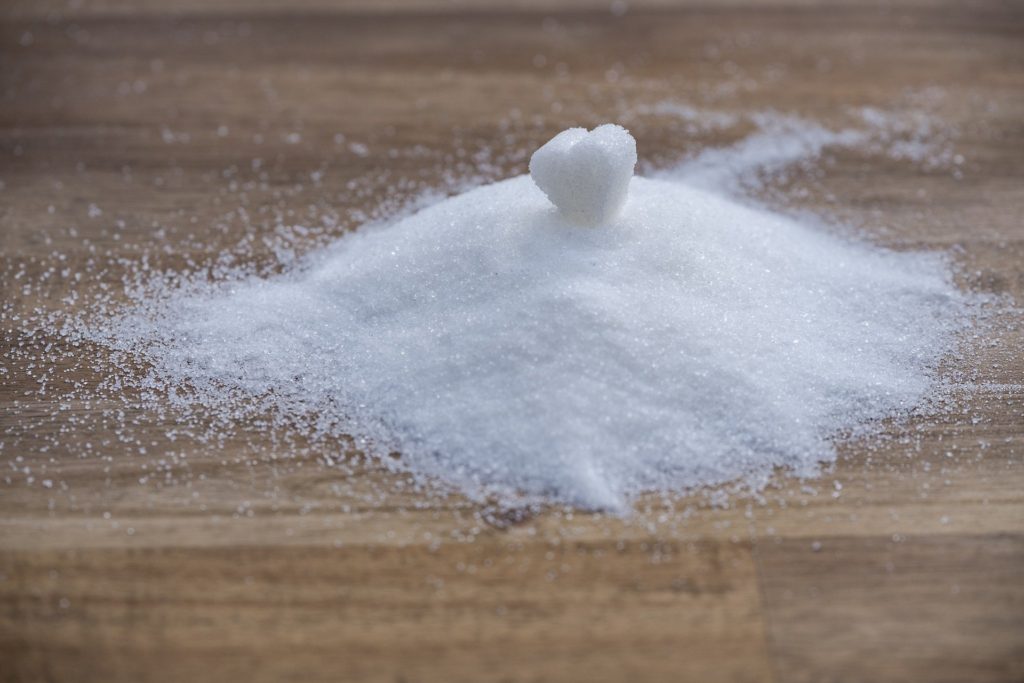In case you are mildly interested in nutritious eating, you have probably encountered people praising the advantages of grass-fed whey, beef, and dairy products versus conventional (and cheaper) grain-fed ones.
There are other dairy options besides “grass-fed” and “grain-fed,” like whether they’re organic or not.
But, in this article, I’ll discuss the differences between consuming grass-fed whey protein powder and grain-fed whey protein powder.
Is Grass-Fed Dairy Better than Regular Dairy?
The USDA does not regulate the phrase “grass-fed,” so it’s difficult to know what quality of dairy you’re getting. But, to put it simply, the term “grass-fed” means that the cow ate some grass for at least a few weeks prior to its milking. This can result in healthier dairy that is higher in the anti-inflammatory omega-3 fatty acids.
It is important to note that “grass-fed” is not the same as “pasture-raised,” as cows that are pasture-raised are normally fed supplemental grains besides grass.
The main reason why grass-fed fat is better is that it has more Vitamin A, Vitamin E, and glutathione, a potent antioxidant, in addition to having more of what many refer to as ‘healthy’ fats.
Omega-3 fatty acids, which have been associated with everything from healthier joints to improved mental health, as well as conjugated linoleic acid (CLA), which has been connected to decreased inflammation and body fat levels, are present in higher amounts.
Grass-fed cattle may also have a smaller carbon footprint since they require less energy to mature.
However, a few studies have found that this might not be the case because they require more room and take longer to mature, as they are typically not fed as much or given growth-promoting hormones like those on feedlots.

The Benefits of Using Grass-Fed Whey Protein Powder
Nutrition scientist and consultant Trevor Kashey, Ph.D., says grass-fed beef and grass-fed milk provide significant advantages. “Are you familiar with how whey protein powder is produced? It is produced by extracting the fat from milk.”
Eating grass can influence the vitamin and fatty acid content of dairy, but it won’t have much effect on the amino acid composition, which is what protein powders are mostly about.
While Kashey agrees that grass-fed cows frequently have better treatment — which is a valid concern — processing whey removes much of its fat content.
Even though grass-fed dairy is healthier, grass-fed whey protein powder isn’t because the fat, which is the enhanced part of grass-fed dairy, is removed.
Even if your whey contains Omega-3, Kashey says the body isn’t likely to absorb it.
Is Grass-Fed Whey Protein Powder Better Than Normal Protein Powder?
During the manufacturing of whey protein, the fat and carbs are removed, leaving only protein.
Grass-fed dairy contains more omega-3 fatty acids, CLA, and vitamin E than regular dairy.
But, in whey protein powder, the fat is separated during the manufacturing process, so the whey protein loses most of its omega-3s, CLA, and vitamin E.
Meanwhile, both grass-fed and regular whey have the same amount of protein and can be used to accomplish the same goal.

Conclusion
In conclusion, traditional grass-fed meat and dairy are healthier than grain-fed dairy because they contain more nutrients, such as omega-3s.
However, these healthy nutrients are mostly stored in the fat of the meat or dairy.
So, when you consume protein powder that contains little to no fat, you miss out on most of these benefits.
But if you have enough money to buy pasture-raised or grass-fed protein powder, it probably wouldn’t harm you!
If you want to find out if bro splits or full-body splits are better, you can read my article here where I discuss the differences between the two and why one is better for muscle gain.
I hope this helped!
- Can You Still Lose Weight If You Aren’t in Ketosis? - February 8, 2023
- Can the Keto Diet Help With Depression? - February 8, 2023
- Why Does Processed Food Make You Fat? - January 2, 2023




